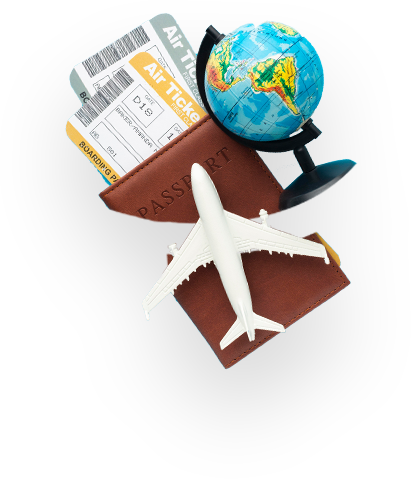Investment Amount: The standard EB-5 investment amount is $1,050,000, while investments in Targeted Employment Areas (TEA) — regions with high unemployment or rural locations — require a lower minimum of $800,000.
Canada


00
Years of Experience

USA EB5
The EB-5 Immigrant Investor Program, established by the U.S. Congress in 1990, provides a pathway for foreign nationals to obtain a green card by investing in U.S. businesses that create jobs for American workers. Here’s some general data about the program:
Job Creation Requirement: EB-5 investments must generate at least 10 full-time jobs for U.S. workers within two years of the investor’s admission as a Conditional Permanent Resident.
Investment Structure: Investors can choose to invest directly in a business they control or through USCIS-designated Regional Centers that manage larger, pooled investment projects.
Have Question?
Call Now +91 7998107107
Recent Statistics
EB-5 Visa Availability:
- Each year, about 10,000 EB-5 visas are available, with a significant portion allocated to investors and their family members.
- Country Caps: No more than 7% of the visas are allocated to any single country, affecting applicants from high-demand countries like China, India, and Vietnam.
Country-Specific Demand:
- China has historically been the largest source of EB-5 investors, but the backlog has led to increased interest from India, Vietnam, South Korea, and Brazil.
- India and Vietnam have seen growth in EB-5 applications, particularly after adjustments in visa priority and processing.
Processing Times:
- EB-5 applications can take several years, especially for high-demand countries where backlogs exist. The processing times vary and have been affected by factors like government policy changes and USCIS workload.
Regional Center Program:
- The majority of EB-5 investments are made through Regional Centers, which are designated by USCIS to administer projects and pool investor funds.
- As of recent data, there are over 600 Regional Centers in the U.S., though numbers can fluctuate due to changes in program regulations.
Economic Impact:
Job Creation:
- The EB-5 program has been estimated to contribute over $41 billion to U.S. GDP and create more than 276,000 jobs since its inception.
Investment Distribution:
- A large proportion of EB-5 funds has gone into real estate projects, including hotels, mixed-use developments, and infrastructure.
Legislative Updates:
- The program has seen several legislative and regulatory changes, including increases in minimum investment amounts and additional oversight for Regional Centers.



